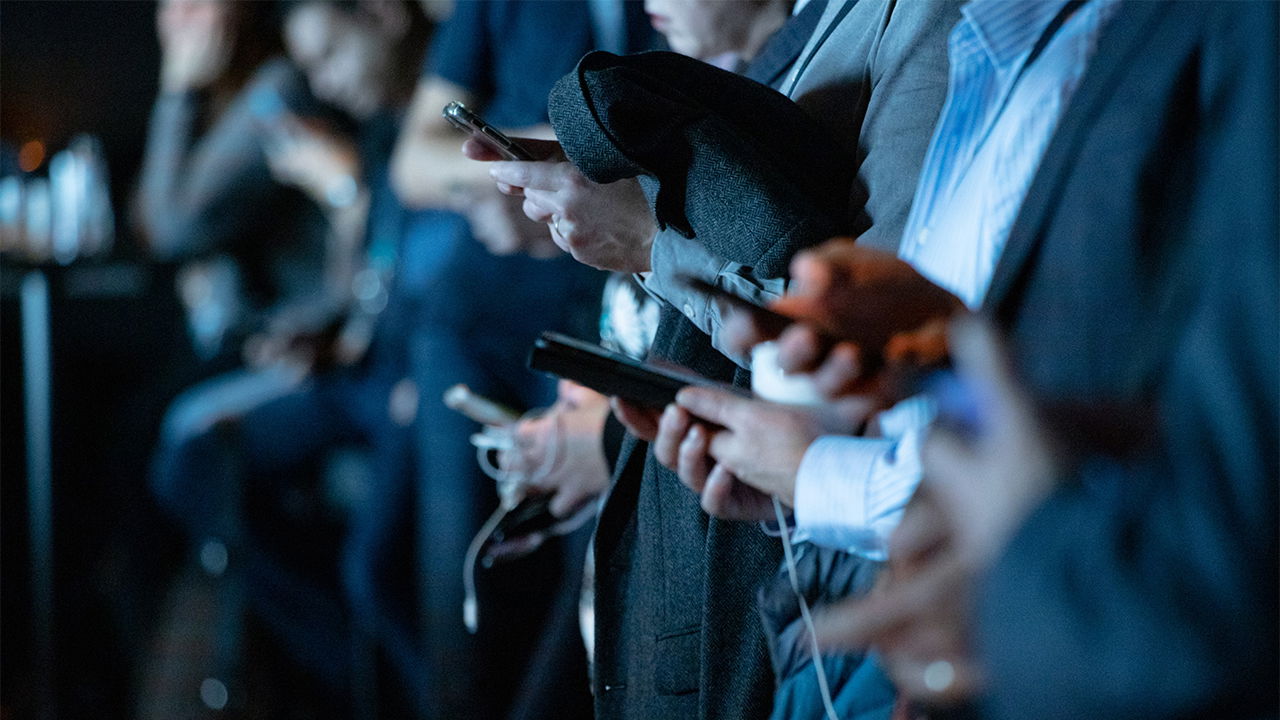
How Social Media Increases Teen Bullying and Harms Mental Health
By Movieguide® Contributor
Fox News’ Brian Kilmede and Dr. Drew Pinsky recently discussed the rise of bullying in schools due to increased social media use by children and teens.
Kilmede asked if the increase in bullying is due to the prevalence of phones and cameras or if people are becoming “more cruel.”
“It’s really hard to tell,” Pinsky said.
“We don’t know, are the algorithms serving this stuff up to us because we looked at it once, or is this really happening? My suspicion is it’s really happening. It is sad.” he said.
“If someone is manifesting that kind of aggression, they have to be dealt with a high degree of containment to help them—not to hurt the individual, to help them,” Pinsky added.
He continued, comparing excessive screen and social media use to an addiction.
“You’re not allowed to ask anything of anybody, so you can’t tell an addict, for instance, who’s dying of their progressive disease to come with me, or don’t sleep there, or maybe you might want to try something else. You can’t say anything to anybody, and that harms people so much.”
Movieguide® has previously reported on the effects of screen and social media addictions and the damage they can cause in children and teens.
“Today, 97% of teenagers are online at some point every day and almost 46% are online for a majority of the day, the study reports.
Jean Twenge, a psychology professor at San Diego State University and author of iGen, echoes the study’s findings.
‘There is a substantial link to depression, and that link tends to be stronger among girls… The more time the teen, particularly a teen girl, spends using social media, the more likely it is that she will be depressed,’ Twenge told the Daily Wire.”
In fact, from 2011 to 2021, the CDC found, “the percentage of teenage girls feeling sad or hopeless had increased from 36% to 57%, while the percentage for teenage boys had increased from 21% to 29%.”
Pinsky expanded on this, saying, “I think within 10 years we will look at these things—these phones right here with me in front of the desk—the way we looked at tobacco at one time in the past,” emphasizing that one’s “mental health is enhanced” with reduced screen time.
“I have lots of friends that actually specialize in screens for adolescents, and they all do the same thing with their kids,” Pinsky said. “Limit [social media use] to an hour, max two hours a day.”
Members of Congress have also taken action against social media’s harmful effects. Movieguide® previously reported on Sen. Josh Hawley’s recent bill:
On Tuesday, Missouri senator Josh Hawley introduced legislation that seeks to prohibit children under the age of 16 from using social media platforms in his continued effort to protect children online.
The Making Age-Verification Technology Uniform, Robust, and Effective (MATURE) Act states, “the operator of a social media platform shall not allow an individual to create an account on the platform unless the individual is age 16 or older, as verified by the platform using an age verification process.”
“Children suffer every day from the effects of social media,” Hawley said. “At best, Big Tech companies are neglecting our children’s health and monetizing their personal information. At worst, they are complicit in their exploitation and manipulation. It’s time to give parents the weapons they need to strike back.”
He added, “That starts with an age restriction for social media. And it’s long past time for well-funded research on the scale of the problem. We must set the precedent that these companies can no longer take advantage of our children.”
The bill continues, explaining that the age-verification process would require an individual’s full legal name, date of birth and government-issued identification before someone can create an account.
Questions or comments? Please write to us here.



 - Content:
- Content: 
